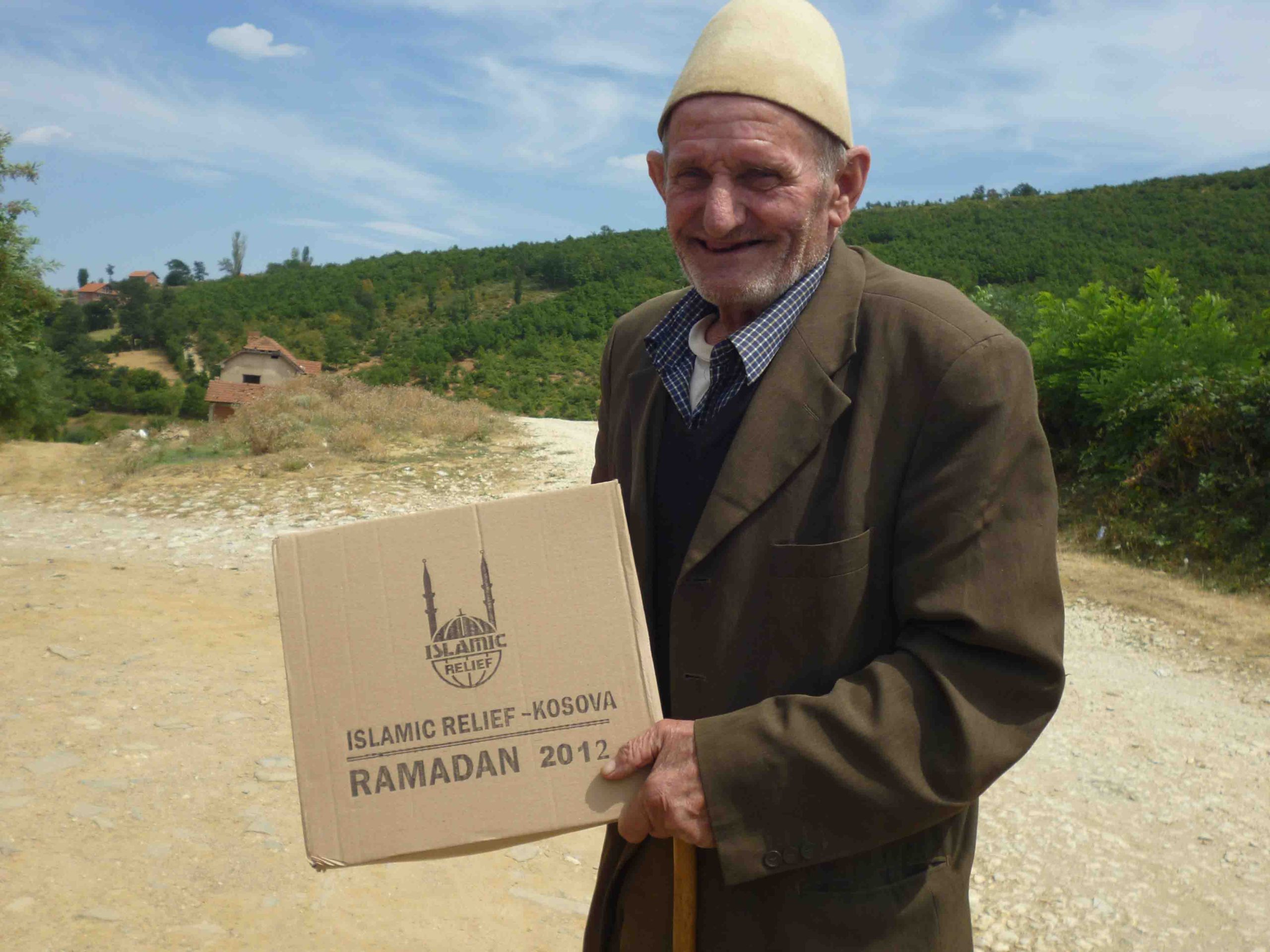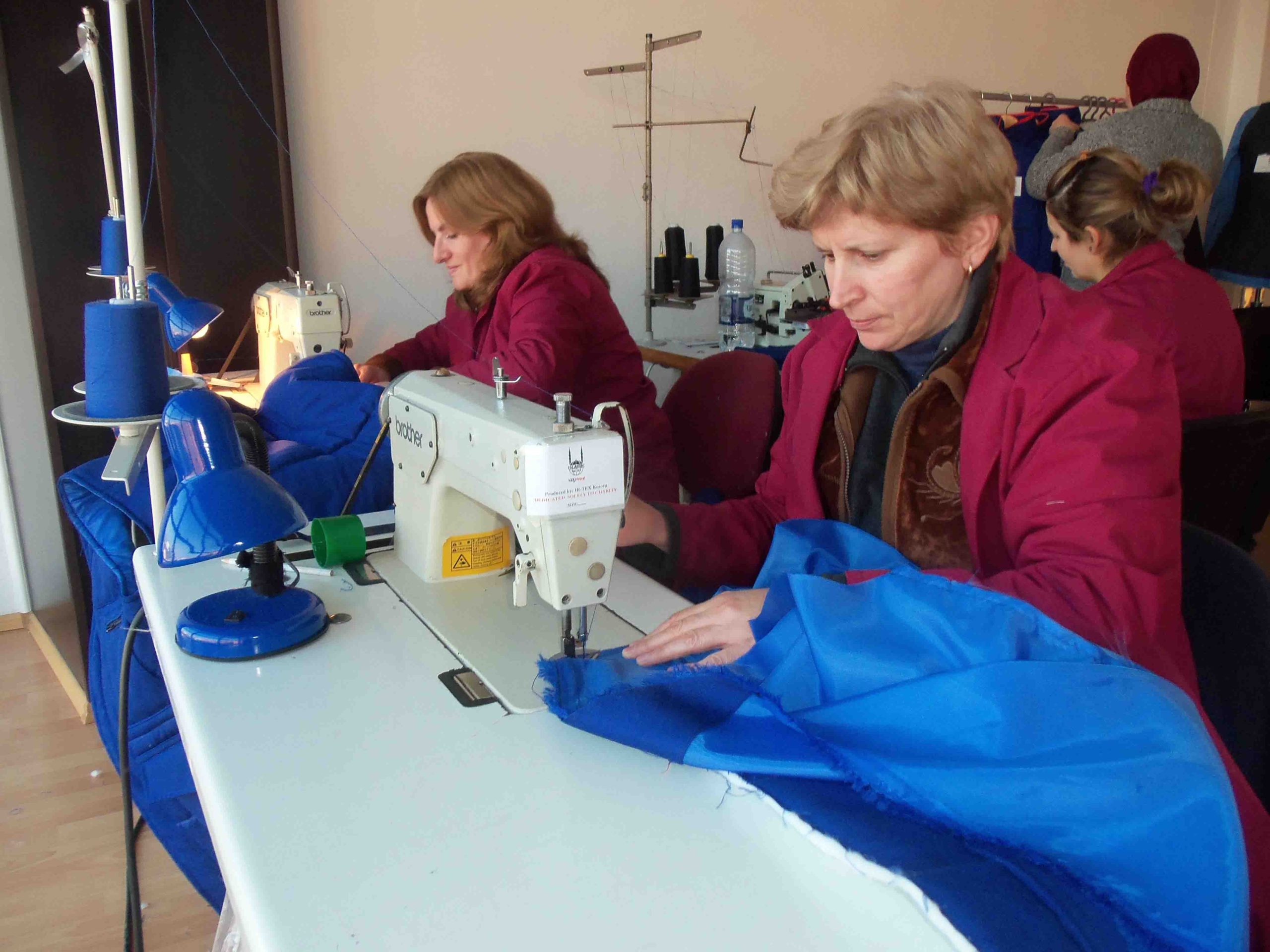With so many men killed during the war in Kosovo and without adequate training and education, female-headed households struggle to provide for themselves. Having lost family members and witnessed scenes of intense violence, many women and children have been left psychologically traumatised.
Now almost two decades later and following the unilateral Declaration of Independence in 2008, the economy is growing steadily. However, high poverty and unemployment rates – particularly amongst Kosovo’s youth and female unofficial labour force – continue to make life incredibly difficult for many families.
Life in Kosovo is a huge challenge for many people:
- Around 30% of Kosovars live in poverty (UNDP, 2017)
- 8% of the population live in extreme poverty on less than €1.02 (90p) a day (the Republic of Kosova, 2011)
- Almost one-third of the population is unemployed (UNDP, 2017)
- 58% of young people (aged 15 – 24) are out of work (UNDP, 2017)
Islamic Relief in Kosovo
We began post-war relief and reconstruction in Kosovo in 1999, aiming to help families become self-sufficient and get back to normality.
Our initial intervention was to rebuild homes, schools and essential infrastructure, such as key roads, as well as distribute medicine and food during Ramadan and Korban. As well as supporting orphans with sponsorship, we run a microfinance programme which gives out small interest-free loans to single mothers, enabling them to start their own businesses and support themselves and their children in the long-term.
This programme continues to be very successful in providing many families with a way out of poverty, as when the loan is repaid, it is loaned out again to another family; and this continues again and again.

